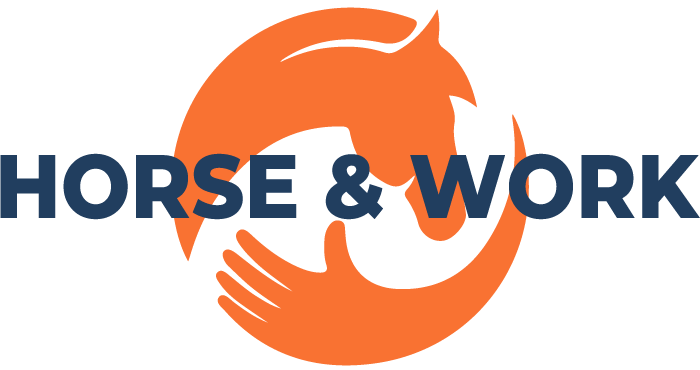Trial day vs. probationary period: what is the difference
Imagine: you have found a top candidate and would like to know whether it is really a match. Then the trial day is your time to check whether the person is a good fit for the work and the team. It is a day (or a few hours) in which the candidate shadows and gets an idea of the position. You can get to know each other better without immediately entering into an employment contract. But be careful! If you are not careful, such a trial day can quickly be seen as an employment contract.
That’s where the probation period comes in! The probationary period is a formal period during which both the employer and the employee can see whether it works well. It is the real start of the employment contract and lasts at least one month (if the employment contract is concluded for longer than 6 months. If you issue an employment contract for 6 months or less, you cannot include a trial period in the employment contract). You can say goodbye during this time if it doesn’t seem to click – but be careful, if you cancel too late, the consequences can be serious!
In short: the trial day is like a first date, while the trial period is a short holiday together, where you can really see if it is a lasting relationship!
But… there are also some legal pitfalls that you should take into account.
Possible consequences: An employment contract for an indefinite period
A ruling by the Utrecht District Court shows that a trial day can sometimes unintentionally lead to an employment contract for an indefinite period. In this case, an employee participated in a trial day, received wages for it, and was subsequently hired. The employment contract was subsequently extended, but this employee believed that the trial day should be viewed as a temporary employment contract. This would mean that he already met the maximum threshold of three temporary employment contracts and was therefore entitled to an employment contract for an indefinite period. The judge ruled in favor of the employee, because the trial day was considered an employment contract: he received wages and worked under supervision.
Can you do another trial day?
Yes, but be careful! To prevent a trial day from being seen as an employment contract, you must ensure that the candidate only watches, possibly does some light work and does not actively work for pay. This way you can get a good impression without legal surprises afterwards.
Probationary period and termination
A trial day can also influence the trial period. If the trial day is seen as the start date of the employment contract, this may mean that your trial period will end faster than you think. Late termination can even lead to an invalid dismissal, resulting in significant financial compensation for the employer.
Liability for accidents
Employers are also responsible for accidents that occur during the trial day. These incidents are often not covered by business liability insurance, which can lead to unexpected costs.
Advice
A trial day is a valuable way to get to know a candidate, but make sure you arrange everything properly to avoid surprises. Take the legal risks into account, make clear agreements and put them in paper and ensure that everything is properly covered, so that you can avoid unforeseen costs. Horse and Work has a format for a ‘Trial Day Agreement’.
Do you want to have this? Then leave your details here, indicate that it concerns the Trial Day agreement and we will email the agreement to you as soon as possible!
